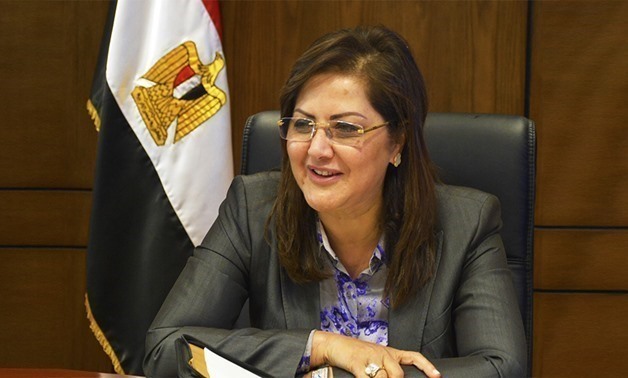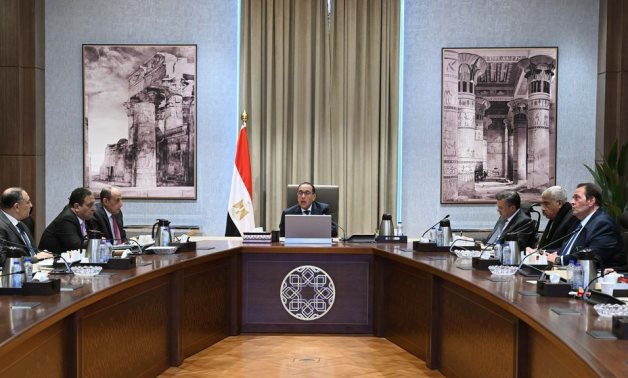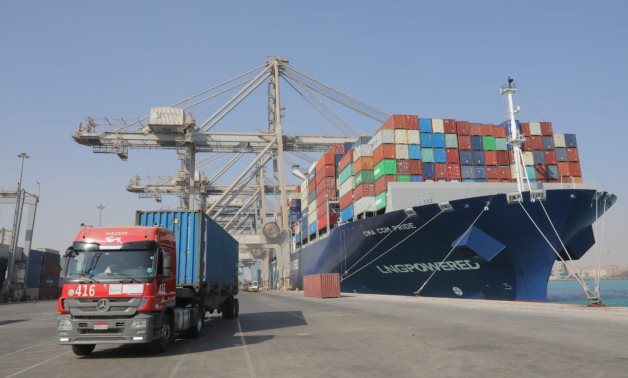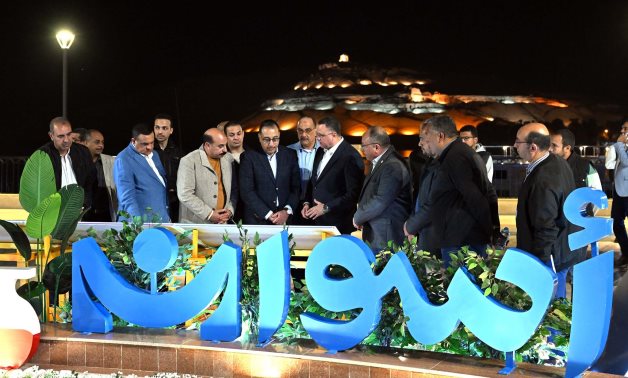Private Sector

Kouchouk affirmed the government's commitment to stimulating private sector growth highlighting the ongoing structural reforms in Egypt's economy

Minister Hala El-Said Reports Significant Economic Reforms and 65 Investments Across 14 Sectors, Private Sector Employs 80% Workforce

During a panel discussion, Kouchouk emphasized the importance of recent legislative measures aimed at abolishing preferential tax treatments across all sectors

Omran said that the experience of allowing the private sector to sell energy to the consumer from the private sector also opens the door to liberalizing the electricity market in Egypt.

The law was drafted by the government and approved in principle on Sunday.

The House of Representatives approved in principle Sunday the draft law submitted by the government.

Madbouli urged the attended investors to present their vision for achieving the ambitious goal of attracting 50 million tourists annually to Egypt.

El-Said noted that the national structural reform program has four main pillars, the first one focuses on the real side of the economy which is: manufacturing, agriculture, and information and communications technology (ICT).

The Egyptian government is committed to paving the road for more contributions from the private sector, the prime minister stated

The increased availability of foreign currency, coupled with hopes of exchange rate stability, lower prices, and improved material availability, boosted confidence among non-oil firms regarding the year-ahead outlook for activity

Public investments for the upcoming fiscal year are capped at LE 1 trillion to bolster private sector involvement, aiming to raise private investment to 50 percent of total investments, up from 40 percent this year

The Prime Minister commended major international companies that have established factories of the highest standards within a remarkably short period.

President El-Sisi pointed out the state's keenness to achieve strong, sustainable, and balanced economic growth, strengthen the role of the private sector, focus on the sectors of agriculture, industry, communications, information technology and tourism, and increase their contributions to the domestic product

This comes with the aim to enhance private sector participation in development efforts, aligning with the state's policy document.

Counselor Mohamed Al-Homsani, spokesman for the Egyptian cabinet, said that the Egyptian state decided to choose an international consultant in the coming period to study and develop a vision and plan to offer management and operations of airports to the private sector.

Prime Minister Mostafa stressed the importance of operating cultural palaces to enhance their role in nurturing the creative potential of children and young people.

The private sector will be able to sell electrical power before the end of 2023, Minister of Electricity Mohamed Shaker said Tuesday.

Al-Mashat elaborated that the funds come in the form of investments, contributions, lines of credit or development financing, for companies of all kinds, large, medium and small, and startups.

This came during Al-Mashat’s speech within the activities of the second annual conference of the Chamber of Food Industries, under the title "Sustainability and Increasing Investment in the Food Industries".

Increasing the private sector’s participation is a state priority, the Sovereign Fund of Egypt (TSFE) head was reported by local media as saying
Most Read